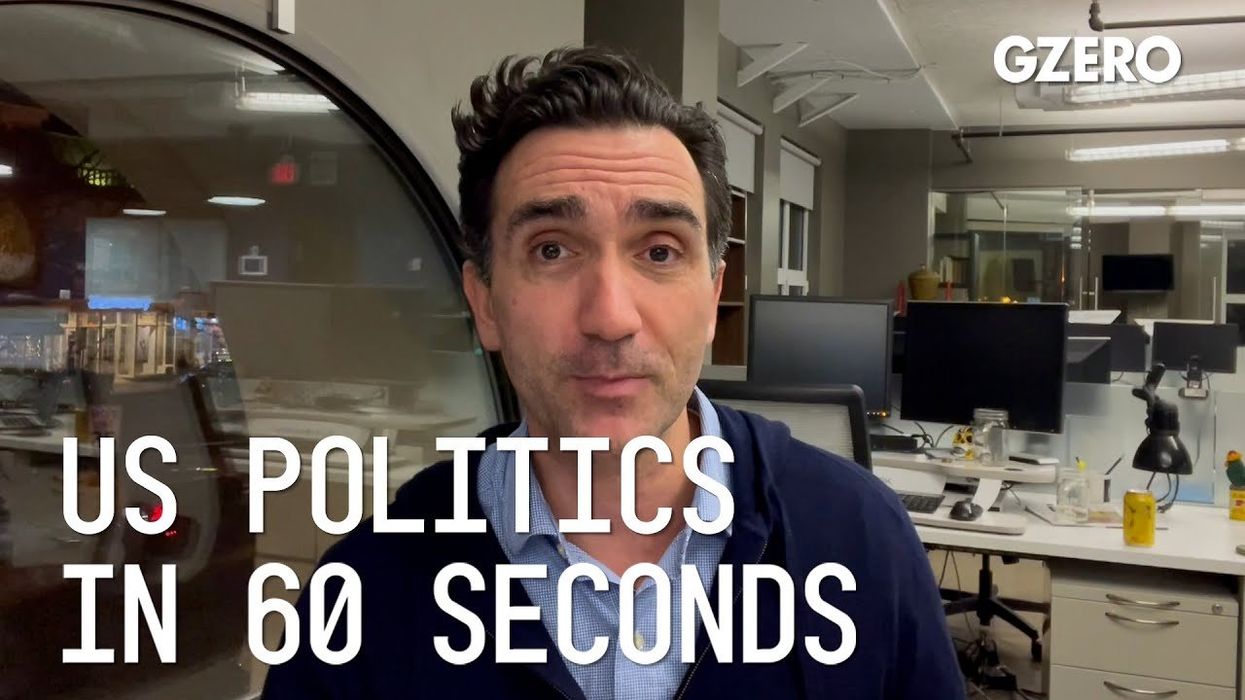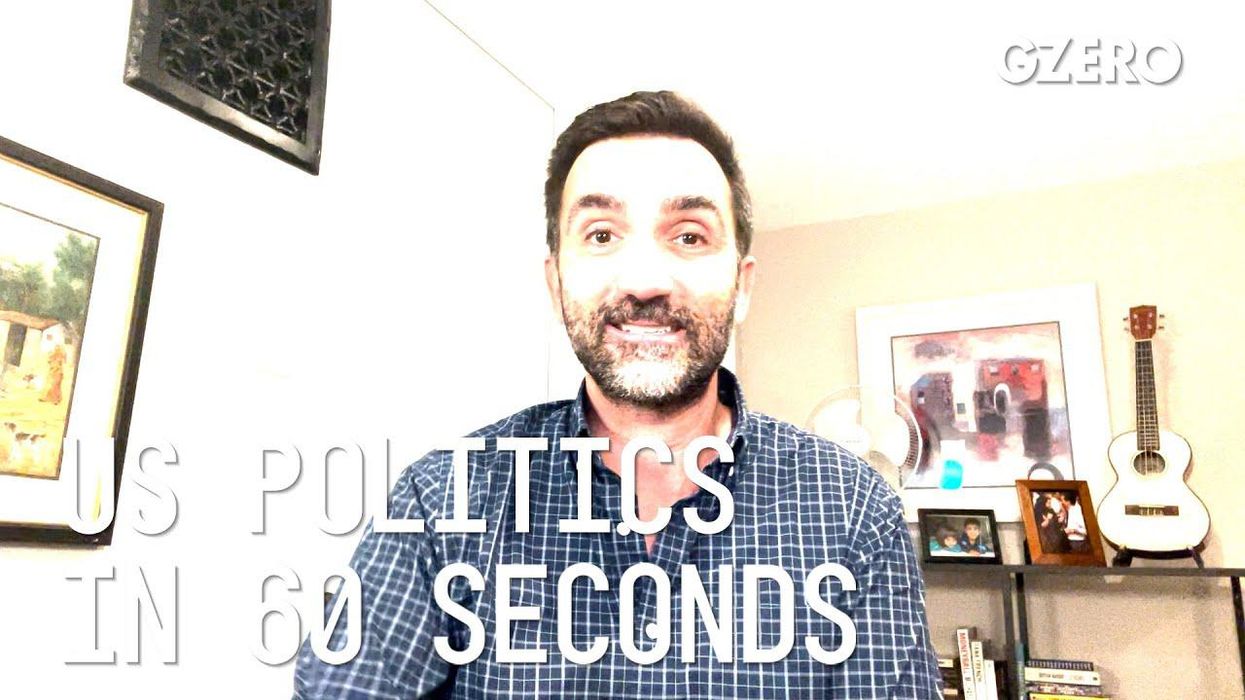US Politics In 60 Seconds
Nikki Haley's in, but GOP primary remains Trump/DeSantis showdown
How does Nikki Haley's campaign affect the state of the 2024 race? Jon Lieber, head of Eurasia Group's coverage of political and policy developments in Washington, DC shares his perspective on US politics.
Feb 15, 2023


